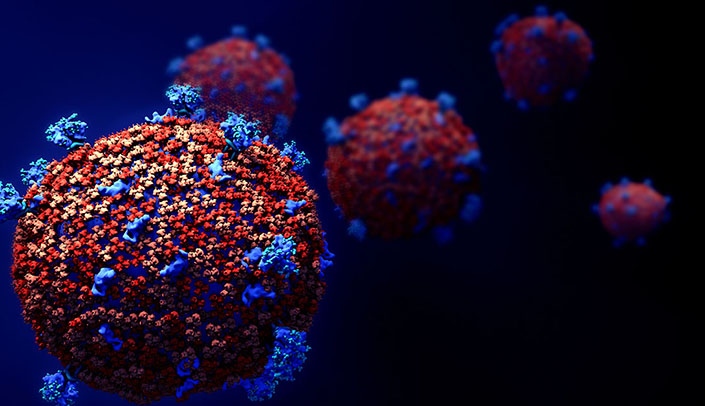As discussed in the Nebraska Medicine colleague forum last week, work is underway to prepare for the arrival and distribution of the first doses of the COVID-19 vaccine.
The U.S. Food and Drug Administration (FDA) will review the Pfizer vaccine on Thursday and the Moderna vaccine on Dec. 17. The FDA is expected to provide emergency use authorization, which would allow distribution to begin.
Nicole Skinner, director of Quality and Patient Safety at Nebraska Medicine, said we do not know which of the vaccines Nebraska Medicine will receive or how many doses will be available. However, the organization has been planning for multiple scenarios to ensure we can start administering the vaccine to front-line staff as soon as possible.
“We could receive vaccine as soon as next week,” Skinner said. “We are in the process of planning for the initial vaccination clinics for prioritized health care workers, which could happen by the end of the week.”
This is what is known as of today. Please note that information is expected to continue to be revised and evolve with time.
- Pfizer and Moderna announced in mid-November that their COVID-19 vaccines were 95% and 94.5% effective, respectively, in human trials.
- Most vaccine trial participants did not experience side effects, though a small fraction reported mild to severe side effects that eventually went away.
- Both the Pfizer and Moderna vaccines are mRNA vaccines, a new vaccine technology based on well-established science.
- Both vaccine types will require two doses, with the second dose 21 to 28 days after the initial dose.
- Logistics of vaccine distribution will be different than how influenza vaccinations are administered and is dependent upon cold storage requirements.
- mRNA vaccines must be stored at low or ultralow temperatures (-70 °C for Pfizer vaccine, -20 °C for Moderna vaccine).
- The proposed guidance from the Centers for Disease Control and Prevention (CDC) calls for the vaccine to be distributed in phases, with front-line health care workers and residents of long-term care facilities to be first. The final guidance will be outlined in the emergency use authorization.
- Nebraska Medicine and UNMC colleagues, providers and students will be divided into levels and will receive vaccine based upon risk of exposure and role. Personal health status will not be considered when making determination of the level
- At this time, based on the recommendations of Nebraska Medicine and UNMC infectious diseases experts and the recommendation of the Nebraska Department of Health & Human Services, a history of prior COVID-19 disease will not be considered in vaccine allocation planning.
- Staff will not be required to receive the vaccine; it will be offered on a voluntary basis.
- According to the survey that is currently underway, a high percentage of respondents are interested in receiving the vaccine.
- We will use the health tracking system that is already in place for flu vaccination and tuberculosis screening to aid in distribution for staff.
This is what is unknown at this time:
- It is not yet known how long immunity created by the vaccine will last, or if it will require an annual vaccination like the current flu vaccine.
- It is not known whether those who received a COVID-19 vaccine could still transmit disease to others without getting sick themselves.
- Right now, the CDC and the FDA do not address pregnant or breastfeeding mothers. We are hoping that when the FDA releases the Emergency Use Authorization, we will have more guidance.
More information on the vaccine itself, the emergency use authorization document and Nebraska Medicine’s distribution plans for staff and patients will be provided as it becomes available.
